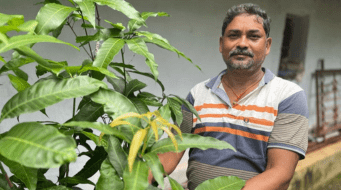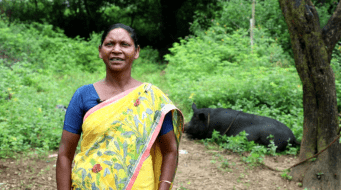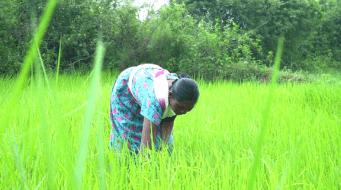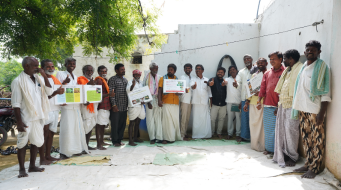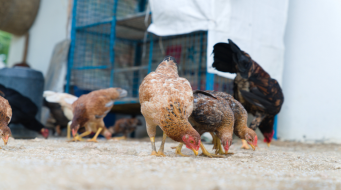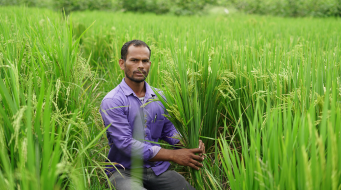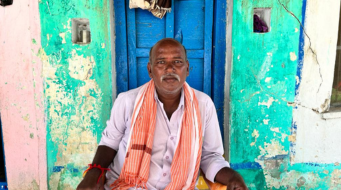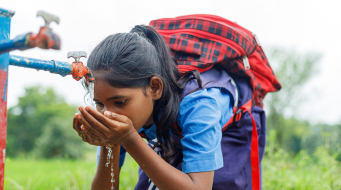Narendra Adhikari, 58, is not afraid of experimentation. Agriculture fascinates him, and he says he is always looking to learn new approaches to growing food. His 1 acre vegetable garden – where Adhikari presently grows at least 25-30 varieties of herbs, fruits and vegetables – is a testament to this approach. Around 2019, he came in touch with WOTR, and started attending training sessions and going on exposure visits held by the organisation, under Axis Bank’s Sustainable Livelihoods Programme.
Sign up for our newsletter
Keep up with the latest news and updates.
Subscribe to ‘Rejuvenate’ – our Monthly News Digest.

